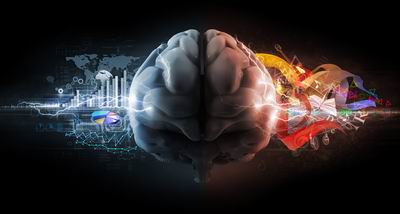
Amidst the chaos of the corporate world and life's demands, work-life balance has become a crucial aspect for the preservation of one's well-being. The delicate interplay of devoting the right amount of time and energy to work and non-work pursuits can spell the difference between living a stress-ridden existence and thriving with a sense of satisfaction and contentment.

Bullying is a persistent, deliberate and hostile act aimed at an individual or group that showcases an unequal distribution of power, where the aggressor uses their might or influence to inflict harm or induce fear in the victim. This malevolent conduct can materialize in various ways, from physical assaults and verbal taunts to social ostracism and the dissemination of false rumors or lies.

The Myers-Briggs Type Indicator (MBTI) is a personality assessment that derives its framework from the psychological theories propounded by Carl Jung. The test assigns an individual to one of sixteen distinctive personality types based on their scores on four dichotomous scales. These scales are:

Life can be difficult at times, but it is not always hard. Everyone experiences different challenges and difficulties in life, and what may seem hard to one person may not be as challenging to another. Additionally, some people may find certain aspects of life hard, such as their work or relationships, while others may find other aspects of life more difficult, such as their health or finances.

Howard Gardner identified nine different intelligences: linguistic, logical-mathematical, musical, spatial, bodily-kinesthetic, interpersonal, intrapersonal, naturalistic and existential. These intelligences are thought to be independent of each other, and people may have varying strengths in different intelligences. The theory of multiple intelligences has been widely accepted and has had a significant impact on education.

There are many ways to relieve stress, and the best approach will depend on the individual and the cause of their stress. Some common methods for reducing stress include : exercise or physical activity, relaxation techniques, healthy lifestyle habits, social support and professional help.

Being an empathic person means you are able to put your shoe inside of others, and deeply understand their perspective and feelings. And in order to show empathy, you need to start being an empathic listener. Empathic listening is a technique that allows you to understand the speaker's emotions. It provides a safe space to work through emotions, regardless of how complicated they may be.

For people to have flaws and imperfections is natural, but it is indeed difficult to learn to accept yourself and live with your own flaws. You might fall into a tendency to judge and criticize yourself when you feel lacking, and often you would go too hard on ourselves.

Keeping your body healthy is important, but at the same time, you also need to keep your mind in check too. However, with how advanced technologies are and demands are getting higher, it is easier to get stressed either by your surroundings or yourself. It makes it quite difficult to focus on yourself. This is where a peaceful mind is needed.

Able to center yourself is necessary in order to experience inner fulfillment. Most of the time people are so out of focus from trying to achieve success and finding happiness. And that can drag the mind away from its center. If you are not centered, you might be feeling out of touch, consumed by negative thoughts, and struggle with controlling your emotions.
|









